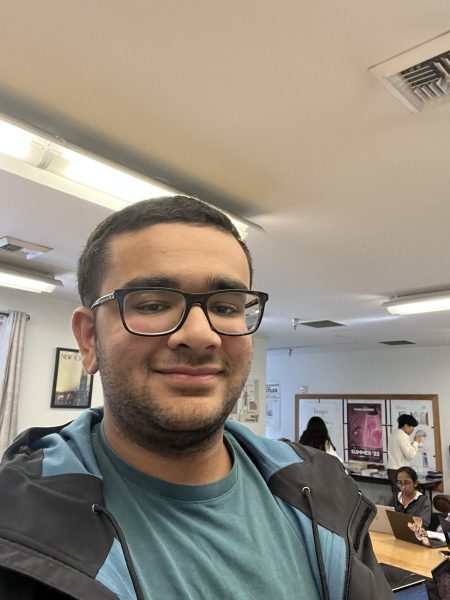As students read the newly released Lakeside Upper Curriculum, many are confronted with a decision: to take regular or Honors classes. However — for better or worse — students taking “regular” classes increasingly find themselves in the minority.
The math and science departments have seen a dramatic increase in enrollment numbers for Honors classes, causing continuing disincentivization for non-Honors classes, as well as scheduling liabilities for students in them. Although the trend is longstanding, some of its recent acceleration can be attributed to divergent educational opportunities during the pandemic and Lakeside’s college admission culture that supports “taking the most difficult classes possible.”
A rising junior remembered how they never really wanted to take Honors math classes, despite describing themselves as “pretty decent at math.” However, it was external factors that eventually led to them following the advanced math track, starting with Honors Geometry freshman year.
The math department has seen increasing Honors level enrollment numbers, though math teacher discretion in course placement has curbed the trend in the last two years. Meanwhile, the science department has offered just three regular classes of Physics and two of Chemistry in the 2022–23 and 2023–24 school years. Dr. Parry, science department head, states that these numbers were necessary to satisfy student demand for Honors and Advanced classes, despite the large numbers of incoming freshmen (class of ’27) forced to take regular rather than Honors Physics. This decision spurred some students to abandon Physics their freshman year, with many opting for Computer Science or a second Arts course.
Another peculiarity in the math department is the recent decline of Accelerated courses, a pre-COVID mainstay. Although initially popular, they saw diminishing interest during the 2010s, likely because students postulated the benefit of having an Honors course on a transcript outweighed the marginally higher workload, as compared to an Accelerated class.
The limited number of regular classes of certain math and science subjects has had the unintended side effect of locking in students’ schedules, as with only two or three sections of a class, it is difficult (or, more often, impossible) to schedule around other preferences, such as History or Arts electives — meaning students often forgo certain classes simply because they do not wish to take an accelerated path in math or science.
The popularity of Honors classes, however, is not by itself a negative signal — more students taking Lakeside’s most rigorous course offerings does indeed allow the school to better perform its mission of “educating future leaders.”
With that said, students’ motives suggest factors other than interest in a subject play a large role in class selection. An oft-cited reason for taking Honors classes is their appearance on transcripts, and while it is true, according to college counselors, that “colleges wish to see you complete the most difficult coursework available to you,” they also stress that “colleges, especially those with regional admissions officers, understand Lakeside’s curriculum and will understand individual’s course decisions in context.”

